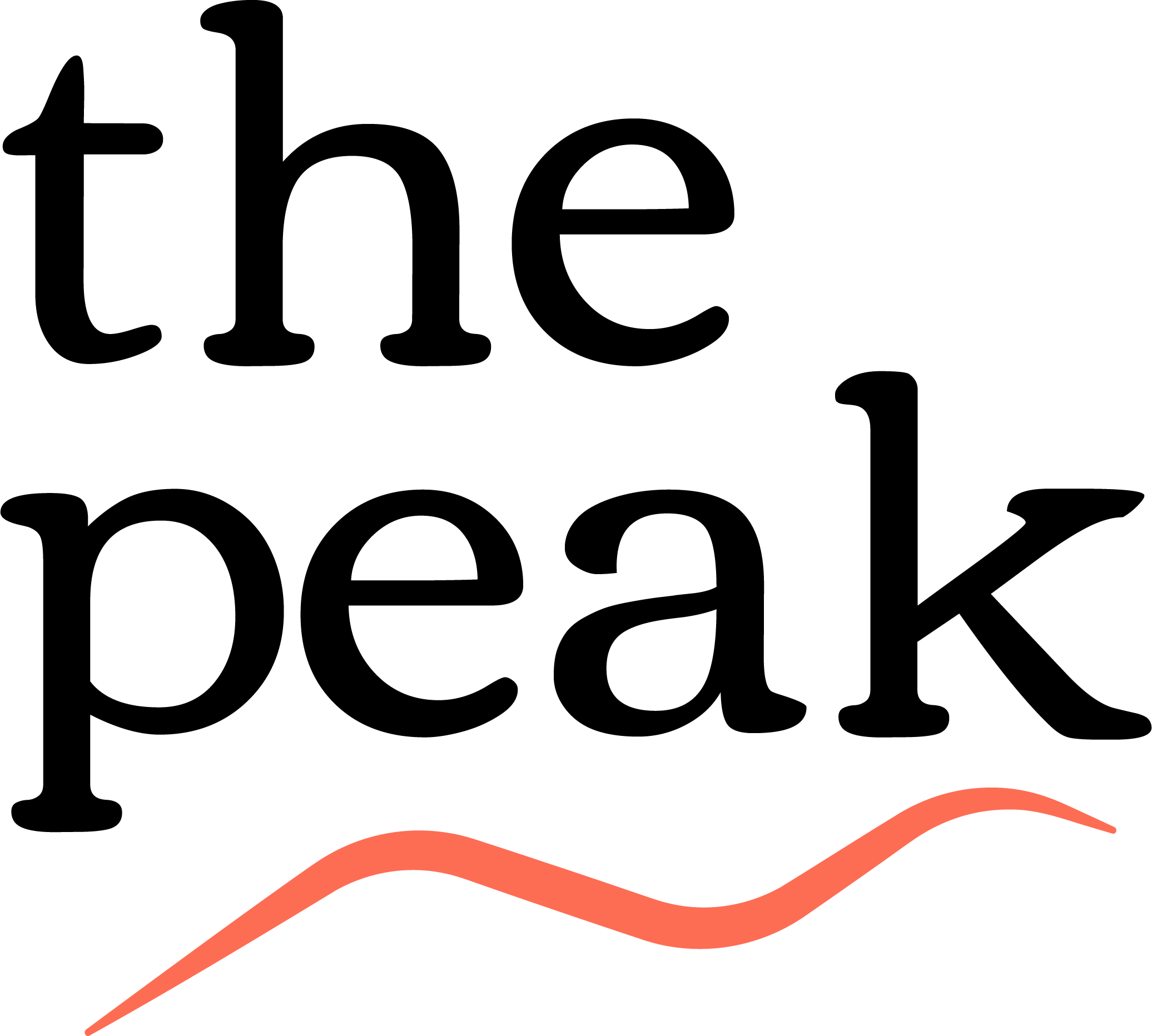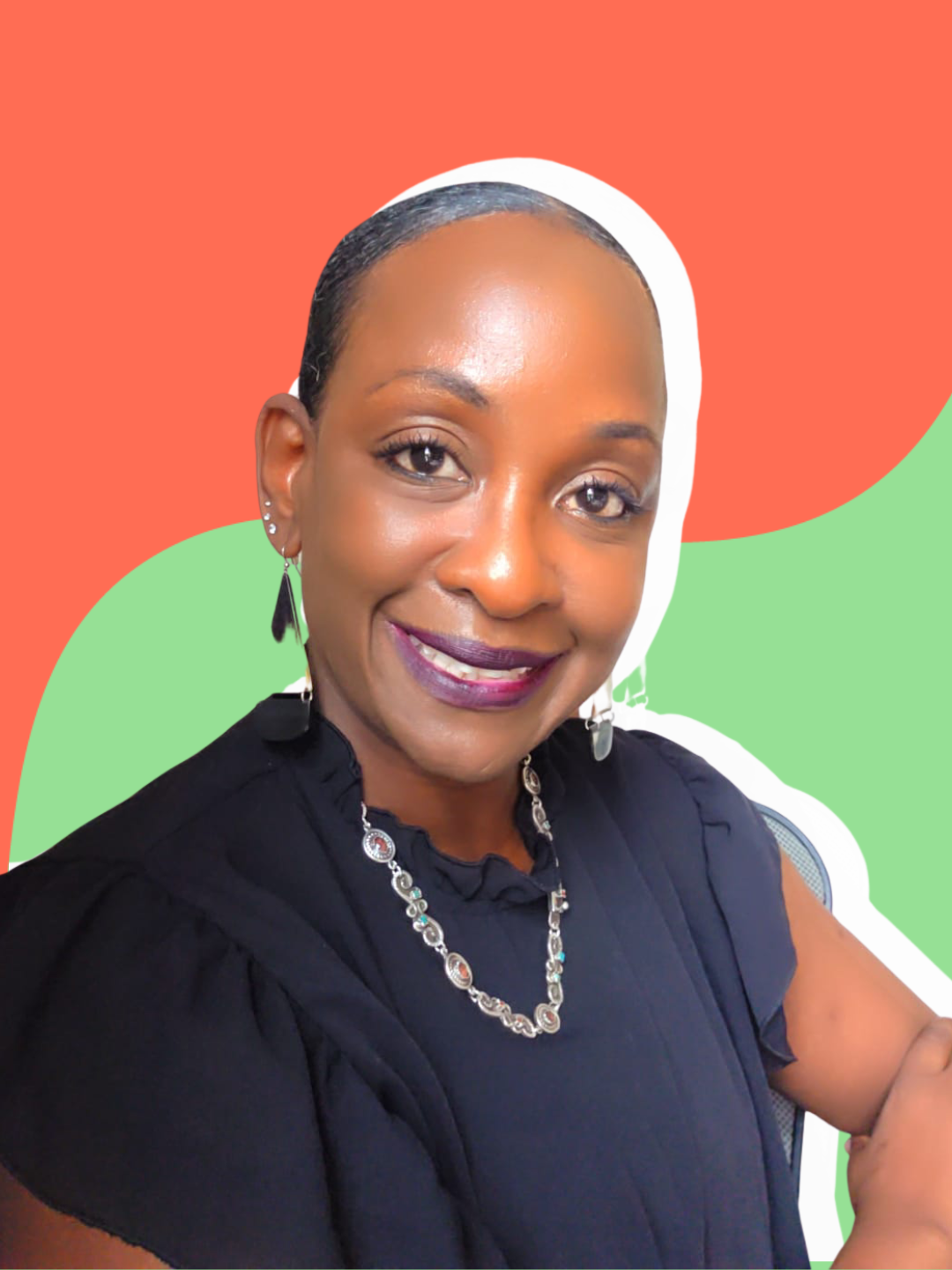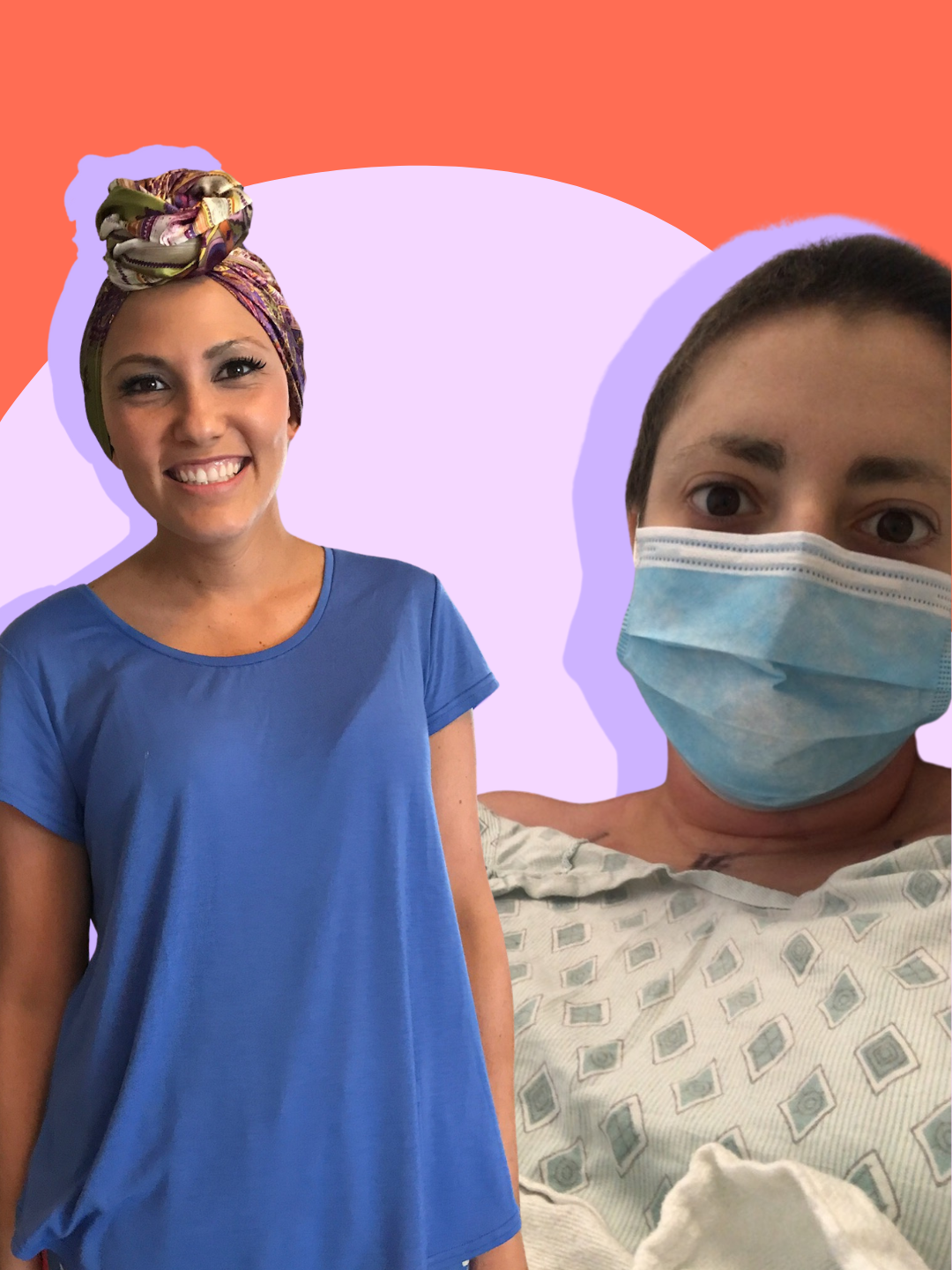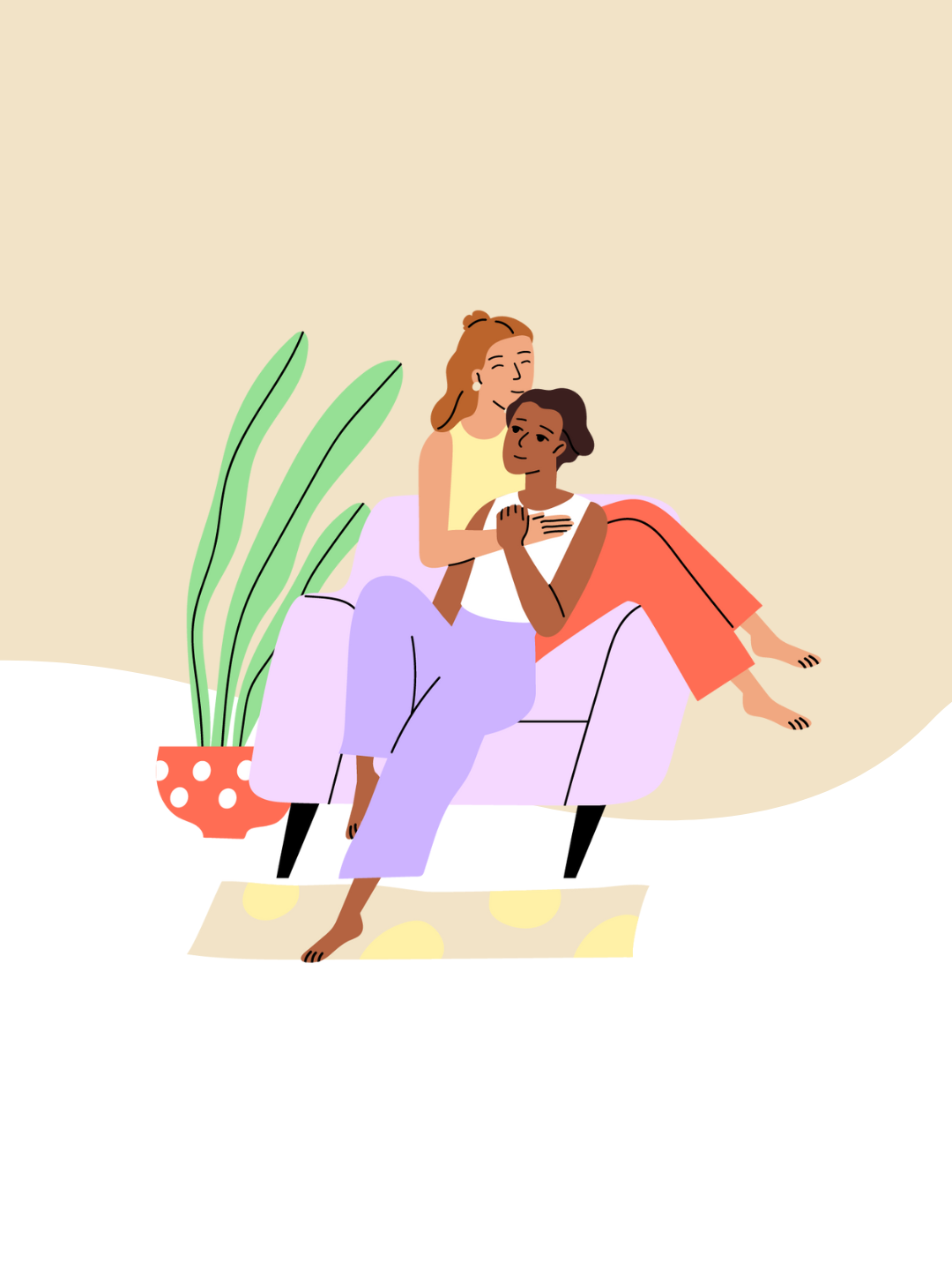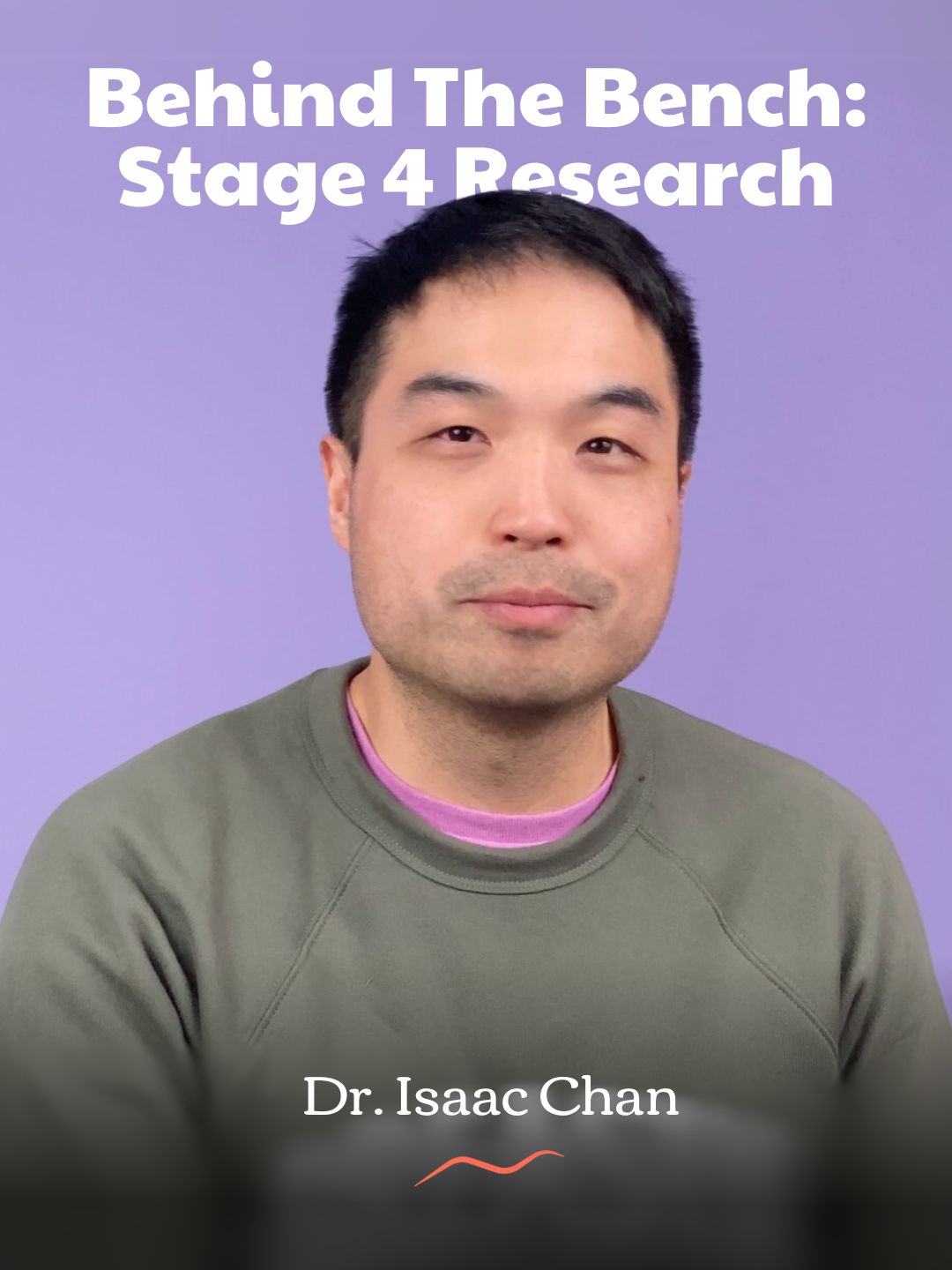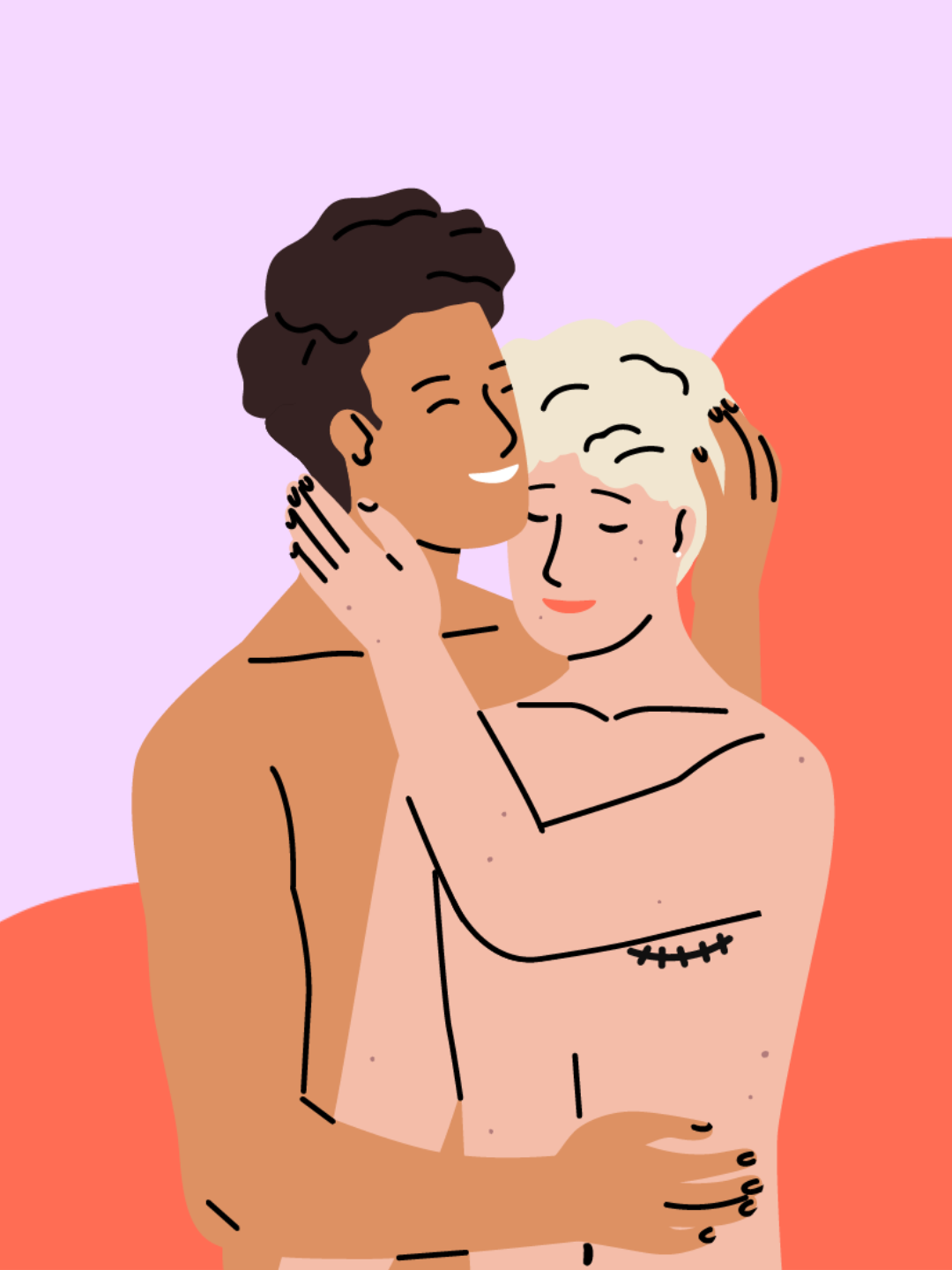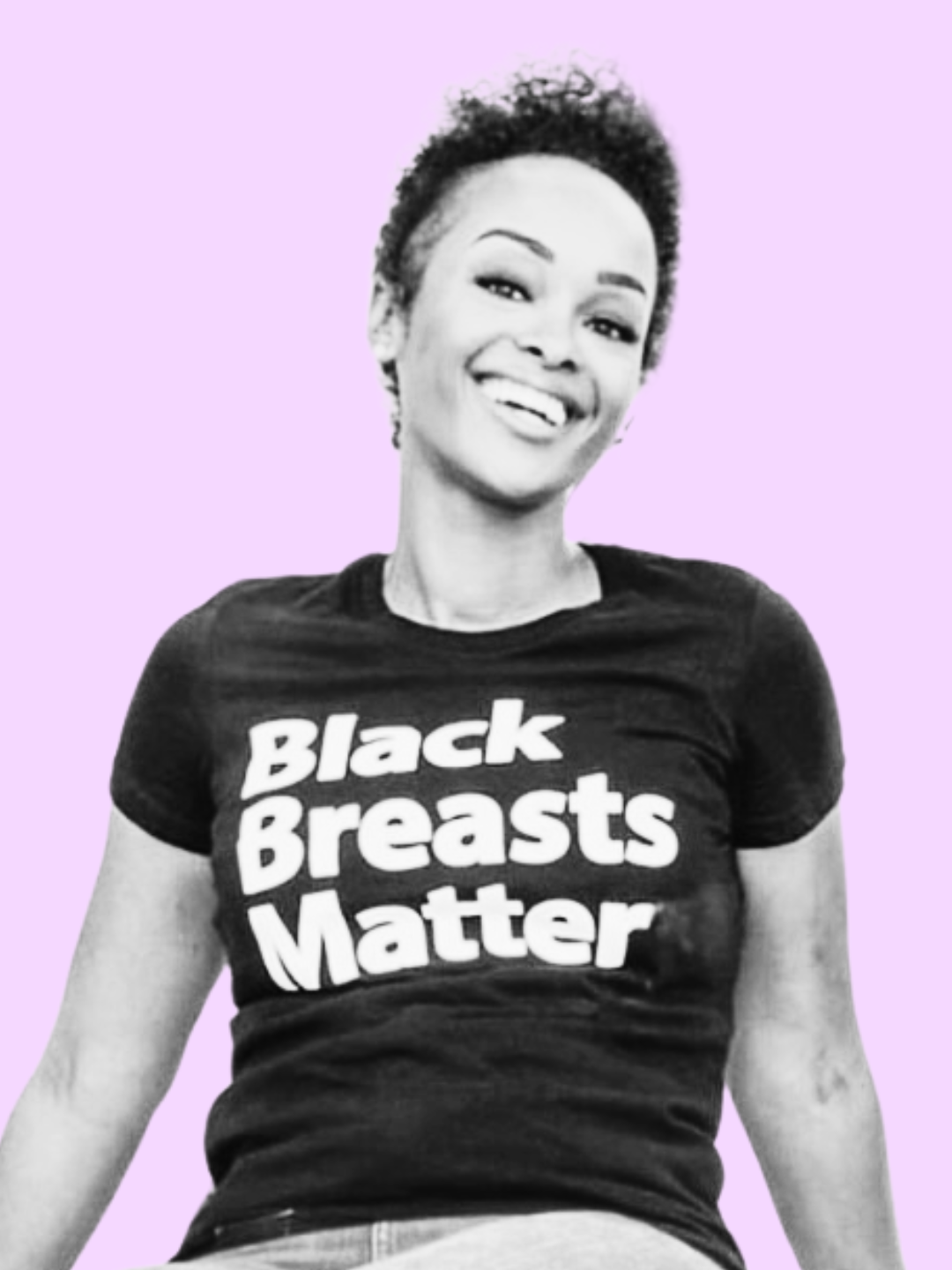June marks Caribbean Heritage Month—a time to honor the culture and diverse histories of Caribbean communities.
As a member of the Caribbean Heritage Subcommittee, Jamil Weaver sat down with Cassandre Pluviose, a proud Haitian Breastie, to reflect on how her cultural background has shaped her experience with cancer.
Cassandre is a stage 2B breast cancer survivor who underwent a double mastectomy with DIEP flap reconstruction, reclaiming wholeness after treatment. Guided by ancestral wisdom, emotional clarity, and sacred self-remembering, she walks a healing journey for herself and others.
Together, Cassandre and Jamil explore the ways that cultural expectations like silence and resilience impacted her—and how the stigma surrounding conversations about illness, especially cancer, can make healing even more complex.
Jamil Weaver: What was your initial reaction upon your diagnosis?
Cassandre Pluviose: It was a mix of silence and survival.
When the ultrasound tech hugged me after the scan, my spirit already understood. My body had been whispering for a long time until it finally screamed to be heard. I got confirmation while at work and didn't collapse, though my world was unraveling. I called a trusted surgical oncologist that same day.
JW: How did you feel your cultural background impacted your treatment?
CP: Being Haitian shaped how I carried the diagnosis and how others expected me to respond. Our culture values endurance, prayer, and quiet strength, but often leaves no space for vulnerability.
That helped me push through, but also made it harder to grieve what I was losing. I wasn't taught how to fall apart safely, I had to teach that part to myself.
JW: How comfortable were you with your medical team? Did you feel seen and heard?
CP: I trusted my surgical oncologist, which helped at first. But over time, I had to code-switch and amplify my pain to be taken seriously.
Being treated well didn't always mean being treated fully. A complication after radiation was brushed off, and I was left stitched and uneven. I learned I had to firmly advocate myself.
JW: What did you feel was the difference between your mom's and your grandmother's diagnosis and your own?
CP: My grandmother had a mastectomy and a lumpectomy. My mother was diagnosed after me and had a lumpectomy too. Neither had chemo or radiation, but their experiences still shaped how I moved through mine.
My grandmother carried her illness in silence. My mother pushed through hers with strength. I was diagnosed in between them, absorbing both ends.
They endured. I awakened. I had to do this differently or repeat patterns that weren't mine to carry anymore.
JW: How did you feel your support was with your family and friends?
CP: There were moments of deep love and deep loneliness. My children gave me motivation. My mother gave me presence. Some held space. Others didn't know how, and I didn't always know how to ask. Letting people see me undone was unfamiliar. I did a lot of it alone. That shaped me in quiet self-trust.
JW: Was there ever a moment or moments that you felt like you needed support and didn't get it?
CP: Yes, many. Some were loud, like being dismissed by a doctor. Others were quiet, like crying in the shower before picking up my kids or sitting in silence after an appointment.
Those moments taught me how to be the kind of support I wish I had.
JW: Would you like to share certain things with your future self about your journey?
CP: You didn't fold. You walked through fear, silence, and inheritance and chose clarity over performance. You stayed present in your body even when it felt like betrayal.
I hope you continue to love yourself from the inside out and never forget that peace was always your birthright.
